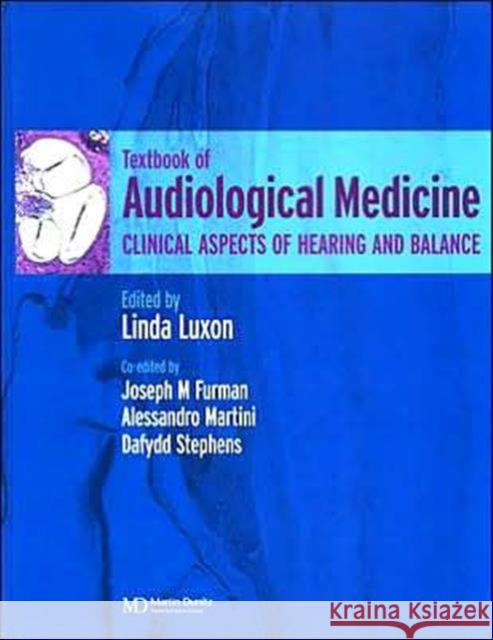A Textbook of Audiological Medicine: Clinical Aspects of Hearing and Balance » książka
topmenu
A Textbook of Audiological Medicine: Clinical Aspects of Hearing and Balance
ISBN-13: 9781901865349 / Angielski / Twarda / 2002 / 928 str.
This is the first comprehensive textbook for trainees in audiological medicine, a growing subdiscipline specializing in the diagnosis and medical treatment of hearing disorders.











